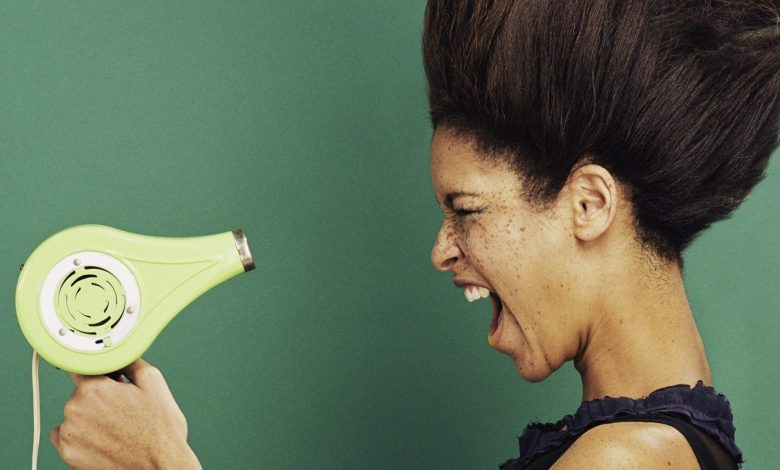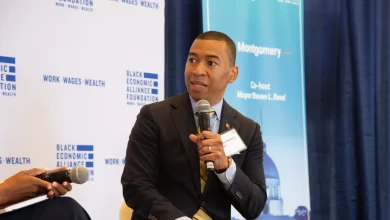This Is How The Beauty Market Impacts Black Founders’ Mental Health – Essence


Racism has long been proven to have a traumatic impact on Black mental health. Black adults are 20 percent more likely to report serious psychological distress than whites, while some Black communities show higher rates of PTSD. And, compounded with the pressure of scaling a beauty business, 81 percent of minority founders report mental health challenges, including anxiety and depression.
“From the moment we launch, there’s this unspoken pressure to prove we’re not just a trend, to hit major numbers quickly, land in big-box retailers, and show traction fast just to be taken seriously,” says Samia Gore, CEO and founder of FoundnWell, a mental wellness platform for minority founders. “It’s hard to overstate how deeply it affects you.”
Two week ago, Ami Colé founder Diarrha N’Diaye-Mbaye announced the closure of her 4-year-old beauty brand, and has been in the headlines ever since. “Overwhelmed” she reportedly felt. After facing rejection from over 150 investors pre-pandemic, the Black Lives Matter movement was an opportunity for some of those same investors to exploit a Black founder under the guise of “inclusivity.”
“Being one of the only or first in these spaces, suddenly your journey is being used as a litmus test for whether Black beauty brands are ‘worth investing in’,” Gore tells ESSENCE. Not given the resources or care to grow at a sustainable pace, N’Diaye-Mbaye noted being pumped with money then “sped through” the start-up process, pushed onto the shelves of 600 Sephora stores within 16 months.
With representation linked to mental health, Black founders often angle their product ranges to recognize Black beauty, from inclusive shades to melanin-first skincare and textured haircare. But, then they’re told solving beauty’s inclusivity problem is not enough. “When you’re told to ‘go more universal’, it often means ‘go more white’,” says Gore. “Being pressured to deprioritize darker skin tones in order to ‘succeed’ reinforces harmful narratives of undesirability,” adds Amber Dee, therapist and founder of Black Female Therapists.
And, the racist message hits harder when your brand is your identity. According to The Black Beauty Club, female founders show up in 30 to 70 percent of their brand’s posts (compared to under 10% for male founders), which means brands like Ami Colé, Topicals, and Pattern Beauty represent the “hidden tax” on women founders: the pressure to perform. “You’re constantly carrying the weight of your business, your identity, and your community all at once,” Gore says. “It’s exhausting.”
Showing up as anxiety, burnout, and feeling like you can’t slow down, N’Diaye-Mbaye told ESSENCE she jumped right back into running Ami Colé without maternity leave after she had her first child. “My baby was like a month and a half, and I woke up with Bell’s Palsy,” she recalled. “The pressure to always be on deeply impacts the mental health of Black founders, especially women, who often feel the need to overperform just to be seen as credible,” adds Dee.
The beauty market is unpredictable and more difficult for Black founders to “succeed” now than five years ago. However, “the uncertainty isn’t just about money or growth, it’s about whether your story and your voice even matter,” says Gore. Being told to sideline community and inclusivity for mainstream success, “[the beauty industry] can slowly chip away at Black founders’ sense of identity and purpose, leading to mental health consequences like identity fatigue, imposter syndrome, and even grief.”
Truth is: Your performance as a Black founder isn’t tied to your worth. You are more than your business. “Black founders can protect their mental health by setting boundaries, taking intentional rest, and leaning into community,” says Dee, which can help you feel more grounded in your purpose. “Know that behind every brand is a real person who’s likely carrying more than you see.”




